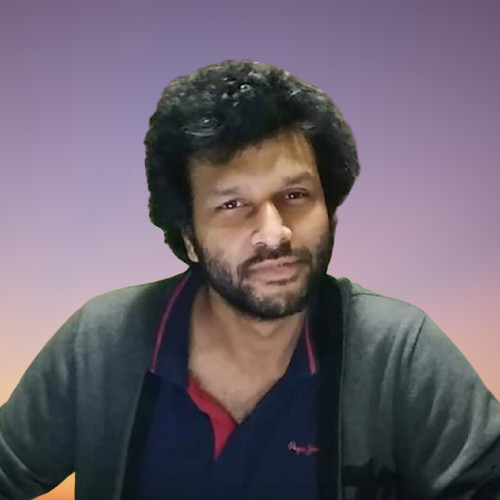Featured 2

Edited by Enayetullah Khan, ISBN: 978-984-34-4242-0, Cosmos Centre, 2018.
As much as the ongoing Rohingya crisis is being extensively covered by the local and international media, the distinct lack of a serious volume on the topic has also created a gap in the field. Similarly, protests against this humanitarian crisis through artistic means have been missing. Cosmos Books came out as the earliest publishing house to fill this void, earning the name of bringing out the first substantial publication in Bangladesh on the crisis, documenting the ordeal and also the artistic protests, with the volume Art against Genocide.
Published in association with Cosmos Foundation, 30 artworks are featured in the book, including those by Shahabuddin, who recently observed in an interview with the Dhaka Courier that although it is a humanitarian issue of gigantic proportions, the way the Bangladeshi government has handled it is truly commendable.
Artworks of other artists in the collection include Kalidas Karmakar, Maksuda Iqbal Nipa, Tanbir Sarwar Rana, Nabunda Shaha Nabo, Pradip Shaha and a host of others. They worked on various mediums such as oil on canvas, watercolour, acrylic on paper and more.
The volume attempts to capture how risking death by sea or on foot, more than half a million have fled the destruction of their homes and persecution in the northern Rakhine province of Myanmar for neighbouring Bangladesh since August last year. The United Nations described the military offensive in Rakhine, which provoked the exodus, as a "textbook example of ethnic cleansing". According to the Myanmar military, however, they are fighting Rohingya 'militants', altogether denying the fact of targeting helpless civilians.
The literature featured in the book comprises of expert analyses from the recent series of Cosmos Dialogues, arranged by the Foundation, which had extensively talked at great lengths about the ramifications of the Rohingya crisis and its implications for Bangladesh. For instance, Parisian art expert Dominique Stal writes that the book will act "as a signpost in recapturing our humanity from the scourge that afflicts us."
In his essay, Enayetullah Khan fervently appeals to the international community that there is still no sign of the Myanmarese authorities sincerely favouring a permanent solution to the problem. Hence, the time to act is, indeed, now and a humane approach that recognizes, cherishes and protects the universal value of human life must precede democracy for a nation.
Dr Iftekhar Ahmed Chowdhury acknowledges the arduous task of sheltering the Rohingyas by Bangladesh, under Prime Minister Sheikh Hasina. "The world recognises that our PM has displayed generosity of heart by welcoming the distressed Rohingya by our firmness of mind and by resolutely seeking to resolve the issue peacefully."
Prof CR Abrar's essay, titled "Myanmar's Genocide," comes to a conclusion after much-conducted research that the Rohingyas have been bonafide nationals of Myanmar for centuries and were treated as the same until the new citizenship law which was enacted in 1982. To add to their woes, a series of discriminatory laws had been introduced against them since 1978.
Despite the current spate of the repatriation process undertaken by Bangladesh and Myanmar, all facts depict a depressing picture, as nothing has come out of the repatriation agreement yet. Myanmar had agreed to take back 1,500 refugees each week (at this pace it would take 10 years for the more than 700,000 Rohingya refugees who have sought shelter in Bangladesh since October 2016) but no such thing has happened. The post-compassion fatigue on this side of the border has already begun to show its signs. Myanmar continues to carry out its resettlement plan in northern Rakhine in full throttle. And from the looks of it, regional blocs such as the Asean can do very little.
But books such as Art against Genocide will stand as a testament of time that a publication was brought out to document the artistic depiction of the Rohingyas' plight, alongside featuring what experts believe could be done to get them out of their ordeal.
Shayan S. Khan is an editor at UNB/Dhaka Courier.

























Leave a Comment
Recent Posts
Right On Schedule
The most eagerly anticipated, and frankly hyped up, announcement of an ...
Fighting raged along the borde ...
Fighting raged along the border of Cambodia and Thailand, with explosi ...
ICIMOD drives regional cooperation to inspire new mo ..
The Cage of Captivity and the Cry for Freedom: A Cru ..
Why Japan issued an advisory for a possible megaquak ..
The Autocrats’ War on Universities